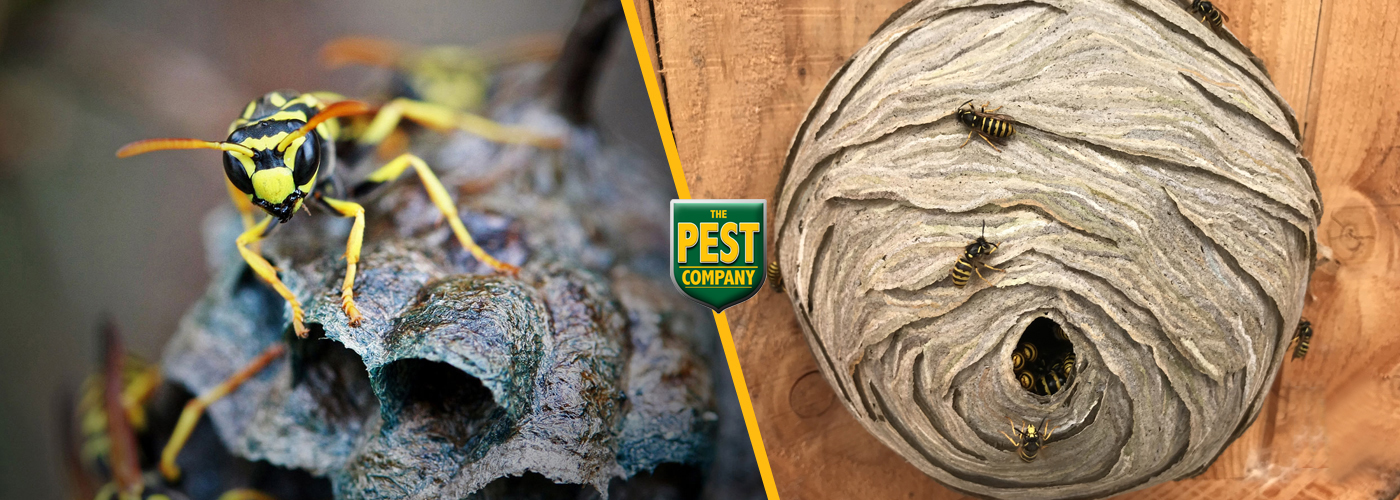
Local wasp nest removal specialist company Letchworth
If you’re looking for a reliable team that provides wasp nest removal, then look no further. The Pest Company have experience of wasp nest removal for almost 20 years.
We provide high quality wasp nest removal services that are tailored to your specific requirements that are local wasp nest removal specialist company Letchworth. You can rely on our expert to provide you a safe and reliable wasp nest removal services. We provide our service in Letchworth and its surrounding areas that is local wasp nest removal specialist company Letchworth. Our friendly and courteous staffs are always ready to help you.
Executed in the most cost-effective and environmental means we will fulfil your expectations by controlling wasp problem without little budgetary constraints that is local wasp nest removal specialist company Letchworth. As professional pest controllers, when it comes to protecting you against wasp related problems we know that your time, and more importantly, your safety is important and as such we take great effort to ensure our dedicated team at The Pest Company makes every effort to satisfy our valued customer that is local wasp nest removal specialist company Letchworth.
Wasps: Wasps are probably one of the most familiar and generally feared groups of insects. They belong to the order of insects called Hymenoptera which also includes bees and ants. Most of these have stings which mainly used against other insects but can be turned against man with unpleasant results.
Types of wasps in Letchworth:
- Common Wasp (Brownish/Creamy colour nest with whirls)
- German Wasp (Grey nest)
- Tree Wasp, Very aggressive not common
- Norwegian Wasp, Not found in southern England.
- Cuckoo Wasp
Life cycle of Wasps: The queen wasp (somewhat larger than the worker), emerges from hibernation in the spring and build a round nest 2-3 ins. in diameter from chewed wood pulp which is obtained from dead trees, fences, etc. This nest will contain a small number of cells into which the queen lays her eggs, one per cell. The eggs hatch into larvae and are fed by the queen fragments of insects (the Queen herself feeds on nectar). The cells hang downwards and the larvae are prevented from falling out by keeping part of their bodies in the egg cavity which was glued to the ceiling of the cell when laid by the queen. After pupation workers (sterile females) emerge and take over the running of the nest from the queen who devotes the rest of her life to egg laying. This occurs late June to early July. The nest can grow considerably during this time and may at its peak, contain 10-15,000 wasps.
Wasp nest removal: If you want to remove the wasp nest then we recommend you wait at least 4 weeks before doing so. In a lot of cases the wasp nest is not accessible. The nest may be in a cavity wall that cannot be seen.
To contact, call us on 07375 064317 or email us on richardmiles@thepestcompany.com.
